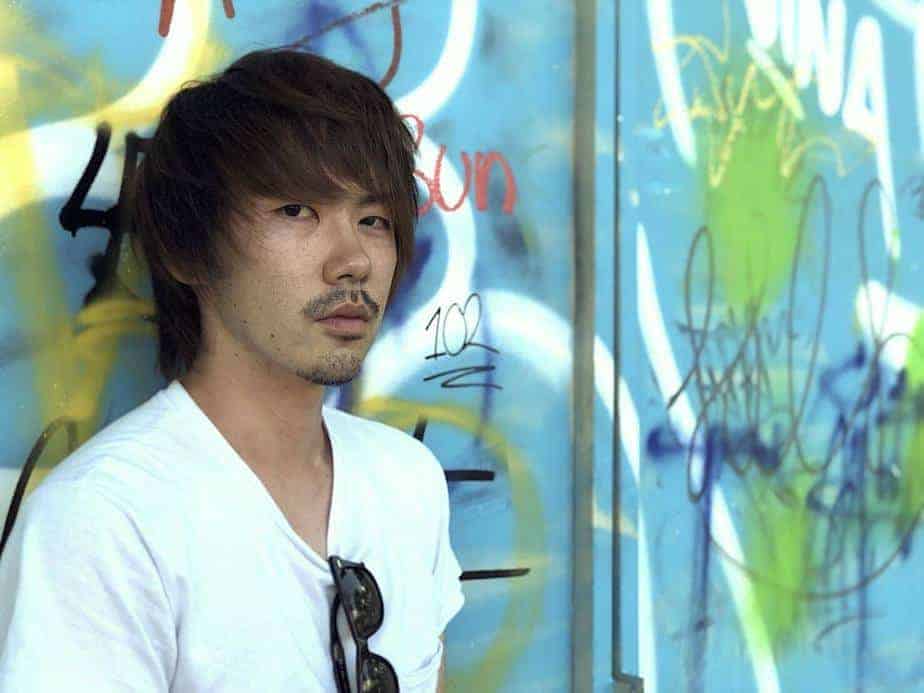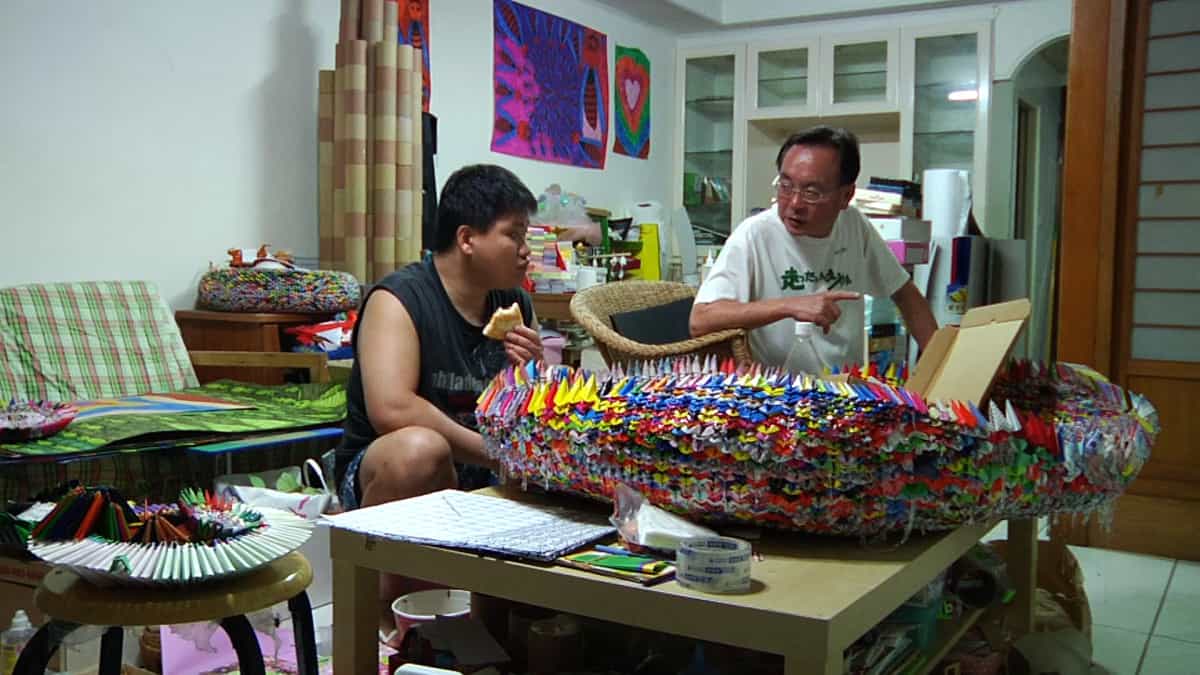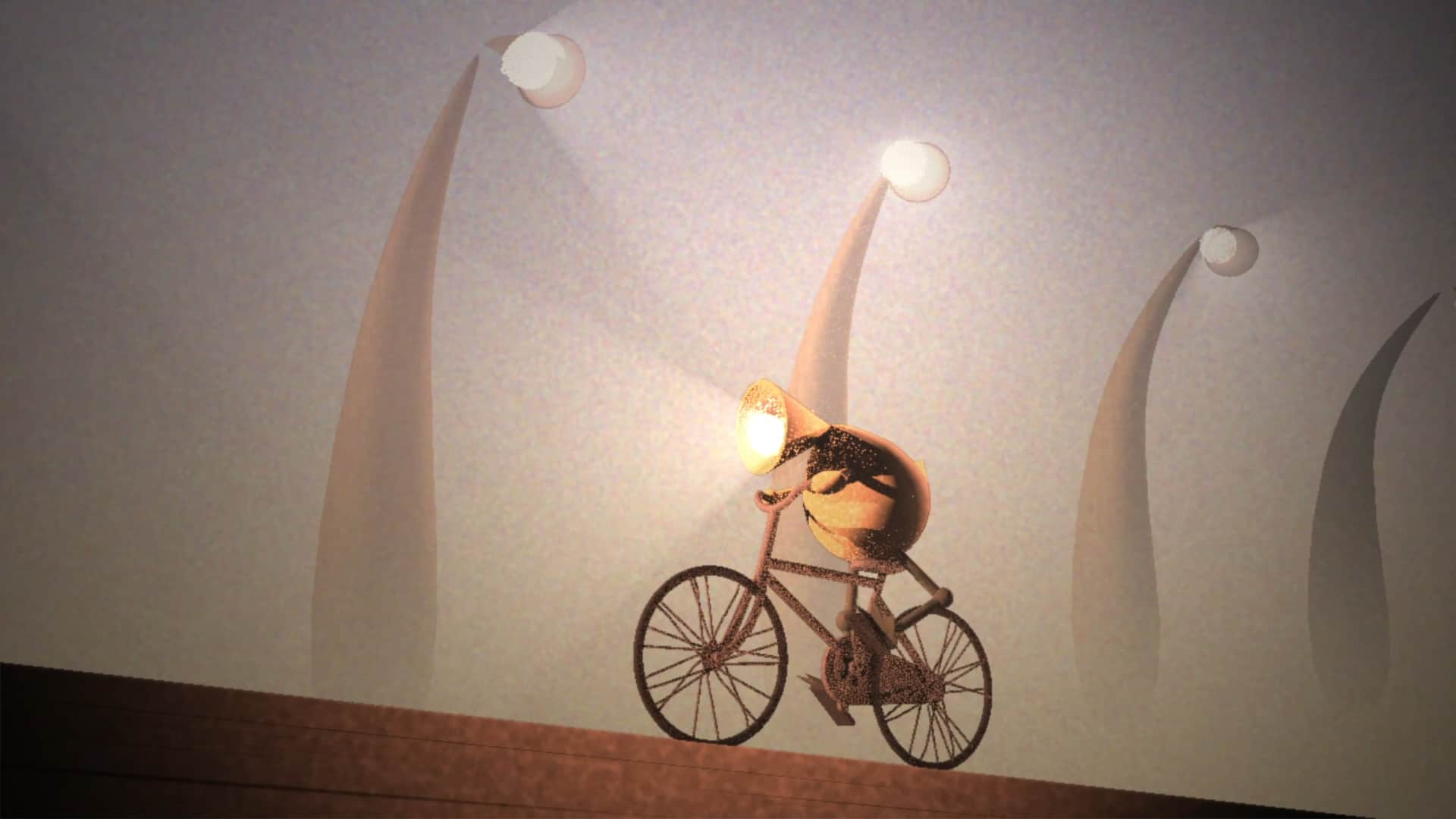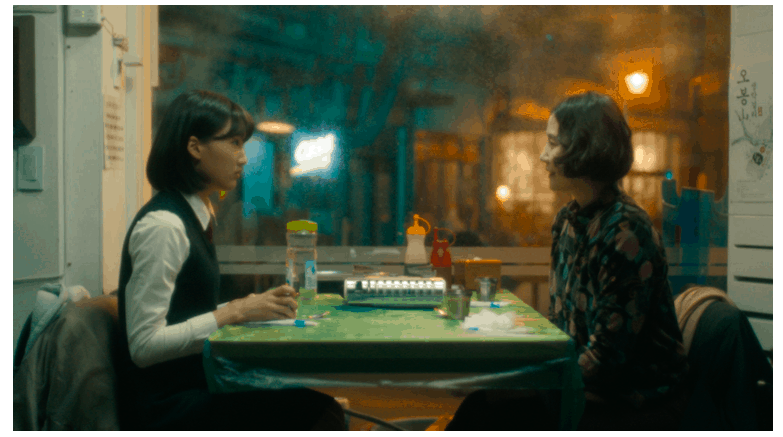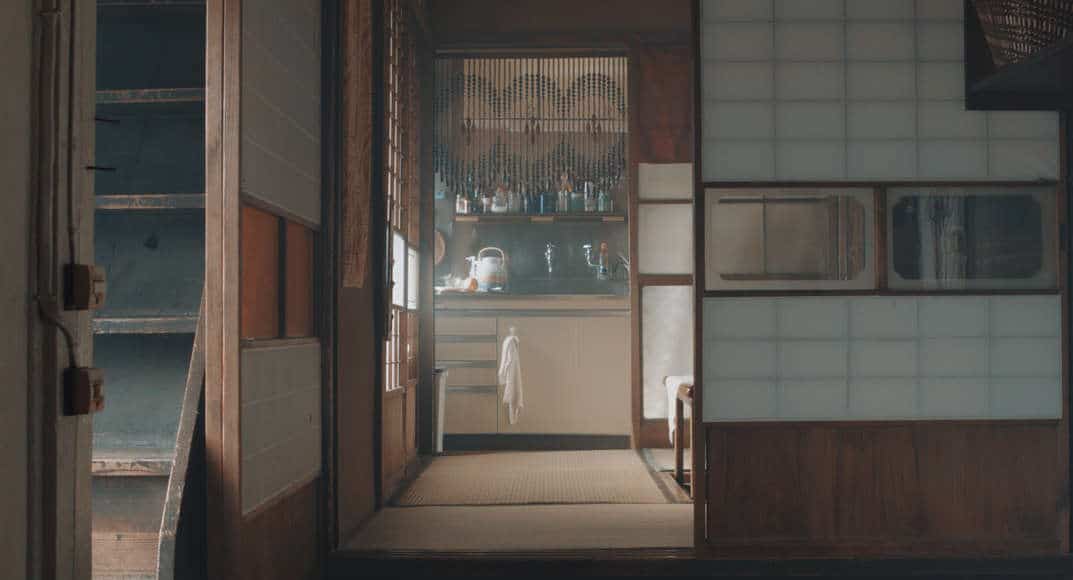Yusaku Matsumoto was born in Kobe in 1992. He entered the Osaka Visual Arts College and started directing commercials when he was 21. He is also the director of Extreme VR. ‘Noise' is his film debut and and was officially invited to the 41st Montreal World Film Festival and 25th Raindance Film Festival.
We speak with him about Akihabara, the characters in the movie, having idols as protagonists, gruesome crimes and the particular one that provided the basis of the film, and many other topics.
What was your first impression of Akihabara?
I was born in Kansai region, so I knew Akihabara merely from the TV screen. I saw all that medley of underground idols and otakus; however I have to admit that when I first came to Tokyo for work – and actually I constantly had to do some errands in Akihabara – the image I perceived with my eyes was slightly different from what I had seen in the mass media. It was a place brimming with distinctive people. I found that juxtaposition really interesting.
Certain characters in your movie express their private emotions about Akihabara. What do you personally feel about that district?
Like the characters in my movie, my emotions are strongly linked to the Akihabara massacre. It was one of the most terrifying incidents of mass murder of that time, when a man stabbed over ten people with a dagger, killing four of them and strongly injuring eight. After that I started to feel it might actually be quite a dangerous place.

It strikes me that the conditions of public order in Japan compare favorably with those in other industrialized countries, but on the other hand, once in a while such gruesome and terrifying homicides occur and we all know it is not only about Akihabara…
I shot ‘Noise' particularly in order to shed light on the cause of these incidents. It has been already ten years since the Akihabara massacre and somewhere around that time one of my very good female friends suddenly committed suicide. I somehow linked the indiscriminate killing of innocent people with performing an act of assassination on one's own self. It is usually a matter of one or the other: either the desperation sublimates into driving one to bid farewell with one's own life or – on the contrary – it creates a fury that explodes towards a random passersby. Both of them are naturally acts of self-destruction. Japan is considered to be a safe country, but like you have just mentioned, sometimes incidents or terrorists attacks occur spontaneously, so I kept searching for answers as I was going through the records of other massacres that had happened in the past. That is how I discovered Norio Nagayama – a Japanese spree killer who shot four people with a handgun. When he got arrested, he was 19 years old and was regarded as a minor under Japanese law. Notwithstanding his age, he got sentenced to death and therefore this ruling is until now considered a landmark decision for application of the death penalty in Japan. The male protagonist in ‘Noise' named Ken is for me an equivalent of Norio Nagayama. It was even more interesting for me when I found that Beat Takeshi worked in the same cafeteria at that time as Norio, but on a later shift.
The important role of Noriyama Norio's novels, which he wrote later on in prison, is undeniable, however in ‘Noise' appears also Kenji Nakagami's ‘A Map by a Nineteen-year-old'.
Ken impersonates the main protagonist of the Kenji Nakagami's novel. He starts calling out people, trying to vent his anger; however he cannot find the right person nor a place to do it, so eventually he phones the police. He actually represents the reason of those killer sprees – he has no outlet for his aggression, so he is intrinsically urged to commit a crime. I decided to construct three points of view in the movie: the aggressor's, the victim's and the non-involved person's perspective and make them blend together.
Do you actually believe that such novels might have a deadly impact on the reader?
I don't believe they should have a deadly impact nor be the reason of committing a crime, however, while doing my research, I found out that during Ikebukuro's incident, that had happened a few years before Akihabara's, the killer had notes from ‘A Map by a Nineteen-year-old' together with him. Most probably, he went through hardships in life, then read the novel and found himself reflected in it. But let's not go too far – the books themselves are innocent.

The plot revolves around the Akihabara massacre, but isn't it that you actually use that incident merely as a pretext to tell a story about human solitude in the contemporary neon world?
That is right. I adore films by Jia Zhangke and I wanted the city be the main character of my movie. Sometimes nothing really extraordinary happens, but simple observation of that hustle bustle of the crowd might be quite an interesting experience.
Just a few weeks ago Shoko Asahara – the founder of Aum Shinrikyo was executed and again the topic of death sentence is on everybody's lips. Supposing there is another incident like that in the future, would you opt for or be against the death penalty?
That's a tough question. Some part of me might involuntarily vote for it, but I think the essential thing is to investigate thoroughly the grounds of such a homicide. Otherwise, the problem will never be solved. I really don't want to think of capital punishment as a mere deterrence.
Could you tell more about the two female actresses: Kokoro Shinozaki and Urara Anjo who both debuted in ‘Noise' while belonging to the world of Japanese idols? Was is difficult to guide them into the film industry?
Kokoro Shinozaki was actually abandoned by her parents when she was a child. She was all at sea, stewed with resentment towards the world, wandering through Akihabara when she got involved in that kind of shady nightlife business. All of that is captured in the film. In the scene when Misa is eating dinner with her father, Kokoro Shinozaki bursts out with real anger as she had been abused by her real parent during her childhood. She could not however oppose him in real life, so the scene is a certain act of vengeance on her oppressor. There is a strong private factor in the film, so from the very beginning, I knew it would become an indie movie. I really wanted it to be as realistic as possible, as a documentary could be, so I took actresses that were actual idols with real emotions. Both Kokoro Shinozaki and Urara Anjo had no former experience in acting, so in the very beginning, when I handed them the script, it did not really work out very well. I wanted no gimmick, so I made an experiment and handed them nearly a blank scenario asking them to talk freely as if they were leading their own lives.
That sounds really interesting. ‘Noise' echoes then the representatives of cinéma vérité or even later films shot in a realistic, naturalistic style, such as for example John Cassavetes' ‘Shadows'.
That is correct. However, from the moment when camera comes into action, it already becomes a lie. Nevertheless, I wanted to convey as much real emotions as possible: true astonishment, true hatred, true tears…Even in the scene where Misa (Kokoro Shinozaki ) is being interviewed in the streets of Akihabara, the actress tells the story of her own life, so no surprise she sheds tears.

Both female characters look alike, to the extent it is sometimes difficult to distinguish them as if they were doppelgängers.
I did that on purpose. It puzzled me why those 50, 60-years old men are stuck on young female idols and then I found out it is actually often a family problem – fathers are not loved by their daughters, so they search for a substitute. That is also the core of my movie – as you have mentioned before – loneliness caused by family disruption.
What were the reactions of the actresses when they both saw each other later on the screen? The act of exposing their own privacy must have been really tough for them, especially for Kokoro Shinozaki …
Kokoro Shinozaki cried after the first screening. She said she would like to show the movie to her father one day – the father that was abusing her and dumped her afterwards. She is still not in touch with him – she is not prepared for that yet. During filming, there were days when she would call me to say she didn't feel well and she couldn't come that day for the shooting. Thus, it took us over two years to finish the film, but we moved one step closer to the vérité.
You also depict Japanese sexual industry as a substitute for love relationship. There is one scene when a lonely guy comes to the night massage parlor and the maximum affection he can receive is a vinyl wrap kissing . Quite depressing, isn't it?
I think there are many people in Japan who use that kind of service. Perhaps there is no other country like Japan with such strongly developed sexual industry. Sex is kind of a taboo here, however when people start drinking, the barriers disappear. That might be a contradiction why in such sexually restrained society those parlors are ubiquitous. There are many people, however, who go there precisely because of solitude and it helps them to smooth over a lie that they are not really alone in this world. Actually, the last place the Akihabara incident's assassin visited was a sex parlor. In other words, at the end of the day, he also wanted to be loved and yearned for affection.
The three pivotal characters' fate in your movie becomes unsettled. I am sure you remember the last scene of Alejandro González Iñárritu's ‘Babel' where Rinko Kikuchi (daughter) and Koji Yakusho (father) join their hands and embrace closely for the first time in a long time That kind of gleam of hope in the ending scenes of ‘Noise' is barely visible, though.
Certainly my character's portrayal is rather glum. I want to show their emotions and inner hopes; however I don't want to portray the process of their escape from the wretched world to the reality they dream about. Even a tiny gleam of hope might actually become a big thing when somebody is in a desperate situation. I really liked ‘Crash' by Paul Haggis that deals with racial discrimination and I thought that I shouldn't neither give straight answers to what happened to the character nor straightforwardly depict the assassin as the sole instance responsible for the massacre.


